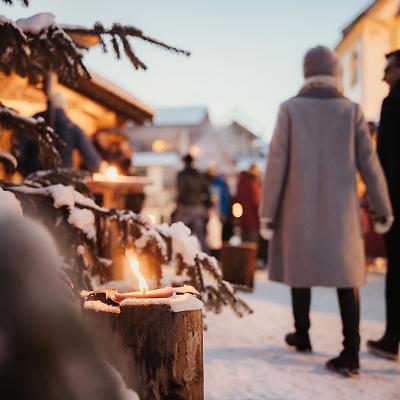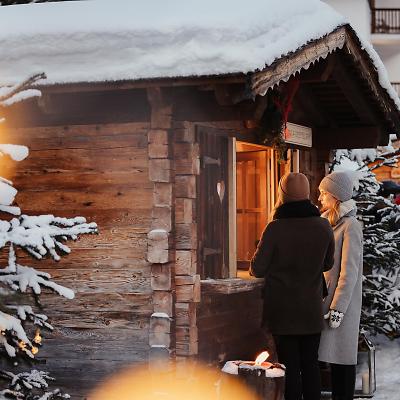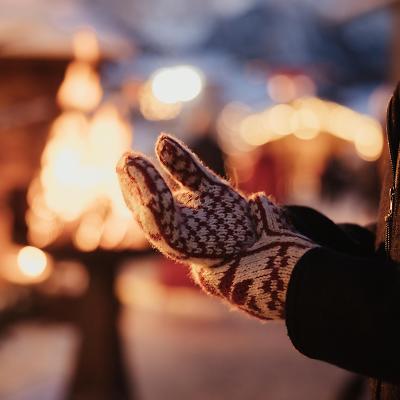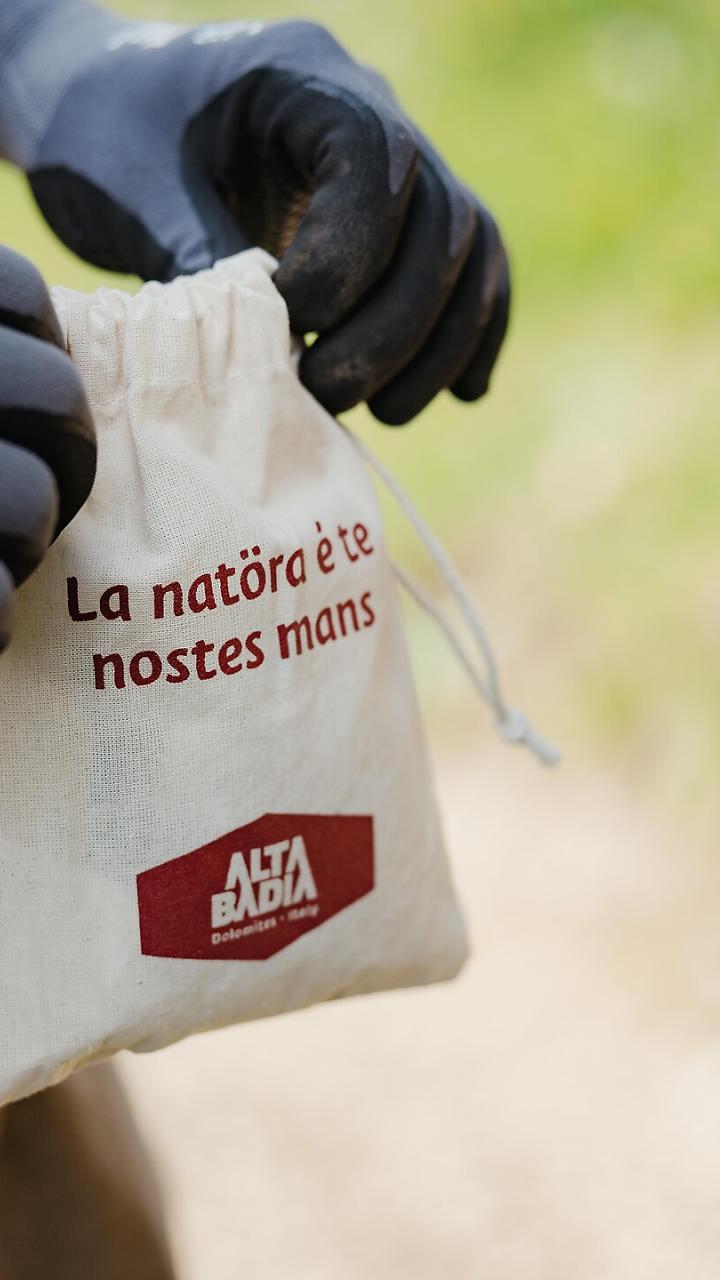
ATIRA - Responsible excursions
What is the current state of waste on the trails in Alta Badia?
What are the environmental impacts of litter left in these areas?
What are the best practices for managing waste during hikes and outdoor activities?
How can we, both individually and collectively, minimize the impact of waste in the mountains?
An educational stroll that's simply irresistible. Because with Alessia, a hiking guide and ambassador of Alta Badia, the conversation turns to trash, starting with the waste left on the trails, to understand how certain behaviors can be truly harmful to the Alpine environment. Walking along the most frequented paths of Alta Badia, Alessia encourages collecting the waste left by the careless, all the while sharing curious anecdotes, prompting reflection and awareness.
The experience wraps up in a convivial and relaxing moment: a picnic at the base of the Pisciadú waterfalls. Alessia takes care of the organization, and as a memento of the experience and a thank-you for the commitment to the environment, each guest receives an eco-friendly box designed to reduce the use of packaging during mountain snacks.
This experience is part of ATIRA: a series of weekly meetings and excursions designed to raise awareness about crucial issues for maintaining sustainable territorial development. With ATIRA, you become a guardian of the Dolomites: you will not only learn fascinating facts about the mountains but also how to actively contribute to the protection of our territory. It's an opportunity to connect with the Dolomite nature, which is everyone's heritage and thus requires everyone's respect.
Itinerary: Boé cable car valley station - Pisciadú Waterfalls - Colfosco - Pescosta - Corvara
Difficulty: easy
Meeting: 9.30 a.m. Corvara - Boé cable car valley station
Return: approx. 2.30 p.m.
Altitude diff.: approx. 250 m
Distance: approx. 9 km
Domestic animals and strollers are not allowed.
Information and reservation at the tourist offices or online within the day before (limited places).
During the event photos or video footage may be taken for the purpose of documentation and promotion of the event and the region. The footage may be used and published on websites, on social networks and on media in compliance with the data protection regulations.
Bring the confirmation of the reservation (also in digital format). For a safe mountain hike, it is necessary that you wear appropriate hiking shoes as well as sportswear suitable for the weather conditions. Remember to pack a backpack with your essentials: a water bottle, sunscreen, a cap, a wind and rain jacket and energy snacks to recharge your batteries along the way.
The refund will be made with a medical certificate or if the event is cancelled by the Alta Badia Tourism Cooperative.
Guided excursion.
Follow the SS244 Val Badia road towards Corvara and continue on road SS243 to Colfosco. At the first cross turn left until you reach the Boé cable car in Str. Burjé 10.
In order to encourage sustainable mobility, choose environmentally friendly means of transportation, such as public transport.
Reach the meeting point by bus: bus stop Corvara in Badia, Autostazione – line 460, at 500 m.
What is the Wow Nature project about and why is it of great importance?
The project, initiated by the University of Padua’s spin-off “Etifor”, focuses on the ecological restoration of woods and forests affected by storm Vaia through cleaning the damaged areas, planting new trees and upkeeping selected areas. As of today, more than 3,000 trees have been planted, including larches and firs.
What’s a food forest and where do I find it?
The Food Forest, also known as forest garden, is a multifunctional cultivation of trees, plants, medicinal and officinal herbs, berries and other fruits of the forest. Since 2021, Alta Badia’s Food Forest can be found in the woods of Bosco Masisti, near the Campolongo Pass. Discover it up close.
What is the bark beetle and why is it so dangerous for our forests?
The bark beetle is a small beetle that occurs naturally in the spruce forests of the Alps. Great amounts of trees that had been damaged during storm Vaia allowed the bark beetle to increase its presence from an endemic to an epidemic state, thereby causing severe damages to our forests.
Is it safe to drink mountain water?
The water gushing from the springs in the Dolomites is of excellent quality. A precious resource that we like to share with our visitors. With the initiative entitled “Ega”, we want to raise our guests' awareness of a proper behaviour: stop using plastic, refill your water bottle and enjoy nature.
How can I participate in ATIRA's initiatives and why should I do it?
ATIRA allows you to become a guardian of the Dolomites: accompanied by our experts, you will not only discover interesting facts of the alpine world but you will also learn how to actively contribute to preserving our territory. Let yourself be captivated by ATIRA, every Monday in summer.
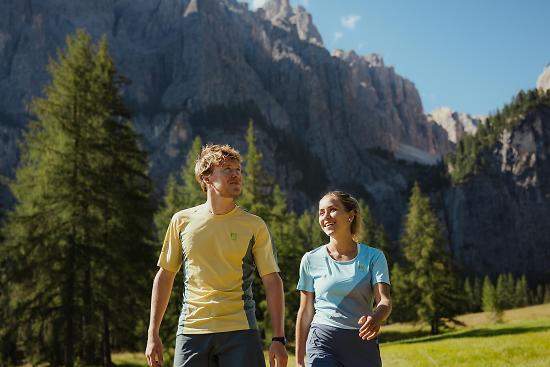
Str. Col Alt 36, Corvara




































